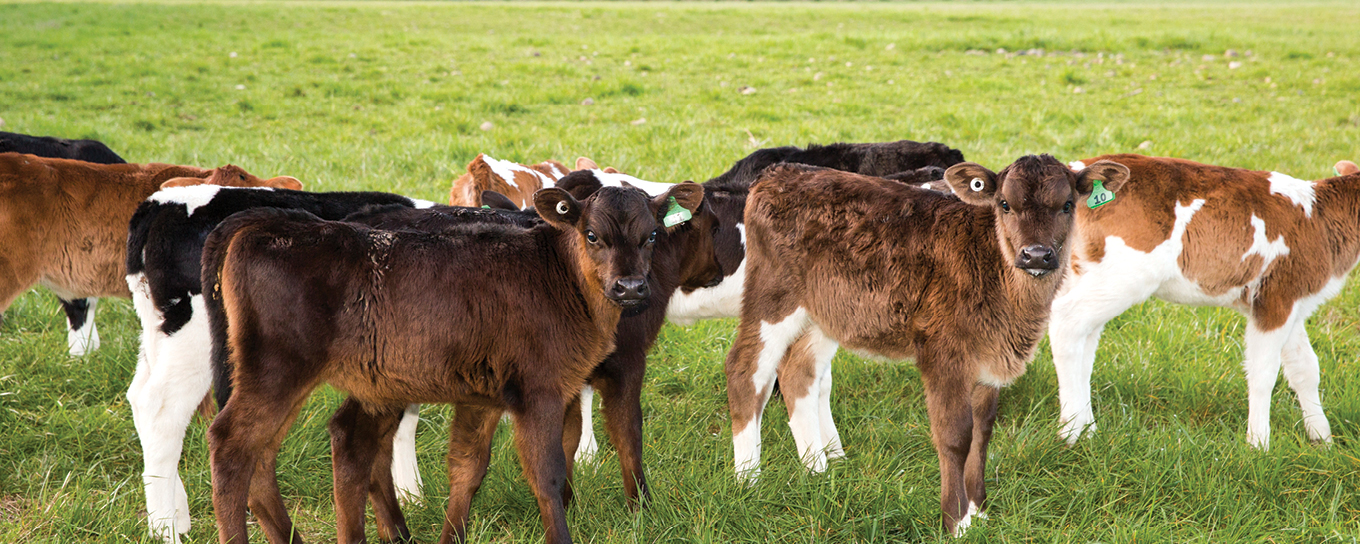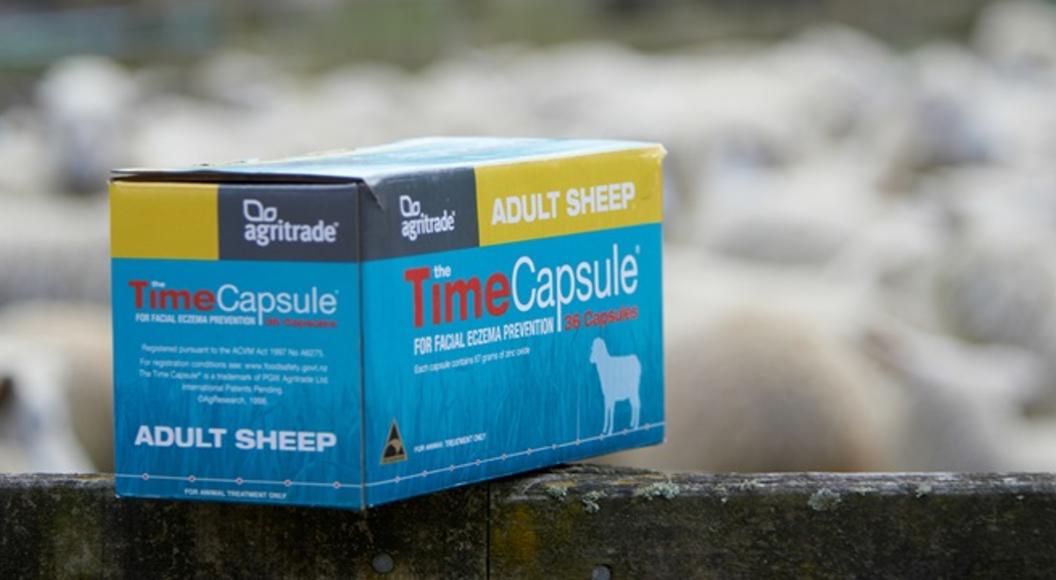Video or image

Why add extras to calf milk?
Milk from the vat is an important source of nutrients, meeting most of the energy, protein, calcium and phosphorous requirements to support calf growth. Why then do we add extra vitamins, minerals, probiotics, prebiotics and coccidiostats to milk?
- To cover any deficiencies from the cow
Phosphorous, selenium, copper, Vitamin E and Vitamin A can be passed from the cow to the calf. If any of these nutrients are deficient in the diet of the cow, there is a risk that the calf may also be born deficient. Adding these minerals and vitamins to milk can help ‘top up’ any limiting nutrients passed from the dam. It also demonstrates the importance of trace mineral supplementation through the dry period. - To cover the calf while it is only consuming low volumes of milk
Although milk is highly nutritious, a young calf may not be drinking sufficient volume to meet its requirements for minerals and vitamins. This is the reason comprehensive nutrition supplements such as DanCalf® Gold are recommended for the first 30 days of life. - Infection with coccidia often occurs before meal intake is sufficient
Most commercial calf meals contain a coccidiostat to prevent coccidiosis. Often however, it takes time before the calf is eating enough meal to meet the required dose to prevent coccidia infection. Including a coccidiostat in milk can help cover this period. Note that milk additives with Bovatec® should not be added to calf milk replacer that already contains an ionophore coccidiostat (such as Bovatec or Rumensin®). - To supply vitamins while the rumen is developing
Supplementation with both B and C vitamins is especially important in the first three weeks. The calf cannot make its own vitamins (especially the B vitamins) until it has a functioning rumen. The longer it takes to develop the rumen, the longer the risk of B vitamin deficiency. A calf also takes at least three weeks to be able to synthesise its own Vitamin C. - To provide nutrients that support growth and development
Vitamin A helps to prevent issues with sight and Vitamin D improves skeletal development, while selenium and Vitamin E are vital for normal muscular development and antioxidant status. - To provide iron
Milk is a poor source of iron, meaning calves can be at risk of anaemia. It is important to supplement iron, especially for calves that are fed milk-only for an extended period. - To provide beneficial gut bacteria
It takes time for the calf to develop their own microbial profile in the intestine. While there is some initial inoculation from amniotic fluid, colostrum and bacteria from the cow’s teat, providing large quantities of probiotic bacteria is highly beneficial. Prebiotics also assist by preventing the ‘bad bacteria’ from getting established and improving the function of ‘good’ bacteria. DanCalf Gold contains both a prebiotic (AgriMOS®) and probiotic (ImmuBoost®) as well as Levucell® SB live yeast for optimum hind gut health.
For more information on giving your calves the best start, get in touch with your local PGG Wrightson Technical Field Representative.
Supplied by Nutritech


